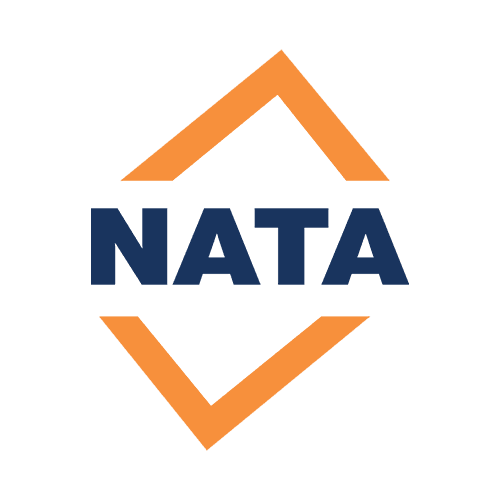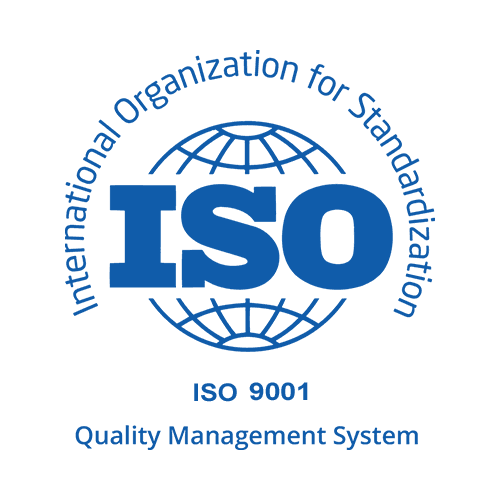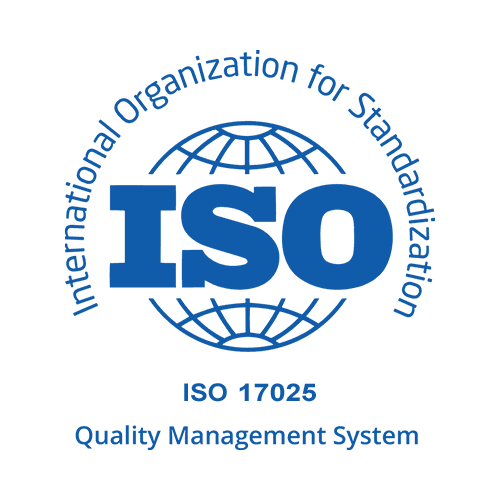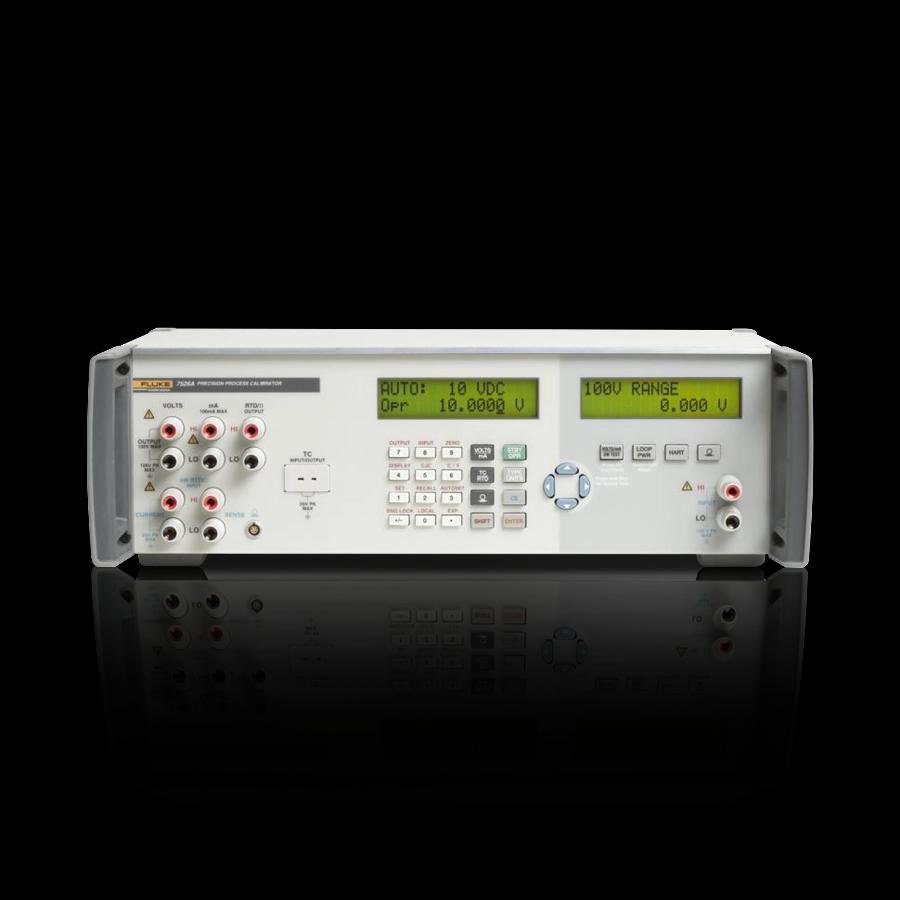In Australia, the standards and certificates for force calibration are provided by the National Association of Testing Authorities (NATA), which is the accreditation body for calibration and testing laboratories. This ensures that the calibration of force measuring equipment is accurate and compliant with industry standards.
Equipment and machines that fall under force calibration include load cells, force gauges, force transducers, and dynamometers. These devices are used in a wide range of applications, from measuring the weight of a product in a manufacturing facility to measuring the force required to lift a heavy object in construction.
One of the key requirements for force calibration is the use of traceable standards. This means that the calibration is performed using standards that are traceable to national or international standards. This ensures that the calibration is accurate and reliable.
At CI Scientific, we understand the importance of force calibration and strive to provide our clients with the highest level of service and accuracy. Our team of experienced technicians is equipped with the latest technology and equipment to perform accurate force calibrations. Additionally, we offer on-site calibrations and expedited turnaround times to minimize any disruptions to your business operations.
Don't let inaccurate force measuring equipment compromise the quality and safety of your products or operations. Trust the experts at CI Scientific for all your force calibration needs in Australia. Contact us today to learn more about our services and how we can help your business stay compliant and efficient.
Force calibration services are used in various industries that require precise measurement of force. Some of the industries where force calibration is frequently utilized include:
- Manufacturing: To ensure the accuracy of force measuring equipment used in production processes, such as load cells used to weigh raw materials and finished products.
- Construction: To measure the force required to lift heavy objects, such as cranes and other heavy equipment.
- Research and development: To test and measure the strength and durability of materials and prototypes.
- Quality Control: To ensure that products meet specific force requirements and industry standards.
- Safety: To prevent accidents and injuries that may occur due to faulty force measuring equipment.
- Compliance: To ensure that products and equipment meet industry regulations and standards.
- Maintenance and repair: To ensure that force measuring equipment is functioning correctly and can be repaired or maintained if necessary.
- Automotive: To measure the force in the suspension, brakes, and other mechanical parts of vehicles.
- Accreditation: Calibration laboratories must be accredited by the National Association of Testing Authorities (NATA) to ensure compliance with industry standards.
- Traceable Standards: Calibrations must be performed using standards that are traceable to national or international standards to ensure accuracy and reliability.
- Compliance with industry standards: Calibration must ensure that equipment meets industry standards and regulations.
- Equipment and procedures: Calibration must be performed with appropriate equipment and procedures to ensure accurate results.
- Record keeping: Calibration records must be kept and made available upon request.
- Re-Calibration: Force measuring equipment should be re-calibrated at regular intervals as specified by the manufacturer or as required by the industry standards.
- Personnel qualifications: Technicians performing the calibration must be qualified and trained to perform the calibration.
- Uncertainty analysis: Calibration results should include an uncertainty analysis to indicate the level of measurement uncertainty.
- Reporting: Calibration reports should be provided to the customer, including the calibration results, uncertainties, and the date of the next calibration.
- Load cells
- Force gauges
- Force transducers
- Dynamometers
- Tensiometers
- Torque sensors
- Force testers
- Compression and tension testers
- Impact hammers
- Strain gauges
- Balance and scale
- Force measuring instruments
- Spring testers
- Force measurement equipment
- Testing machines
- Material testing equipment
- Handheld force gauges
- Force measurement transducers
- Force measurement transducers
- Force measurement instruments
- Force measurement instruments
- Force measurement devices
- Force testing equipment
- Force measurement tools
- Force measurement tools
- Force measurement systems
- Force measurement accessories
Note: This list is not exhaustive and other types of equipment may also be calibrated, depending on the specific needs of the customer.





